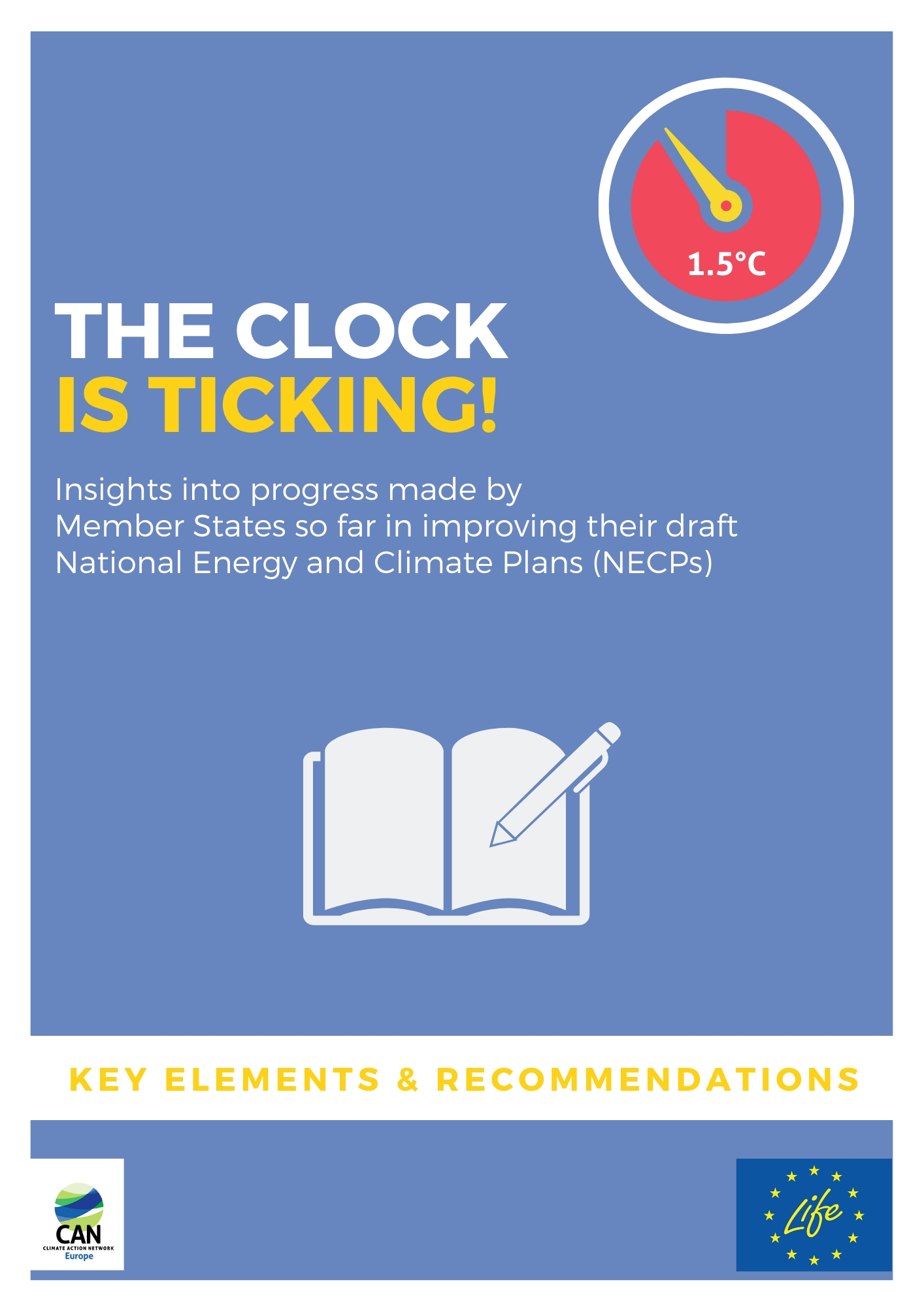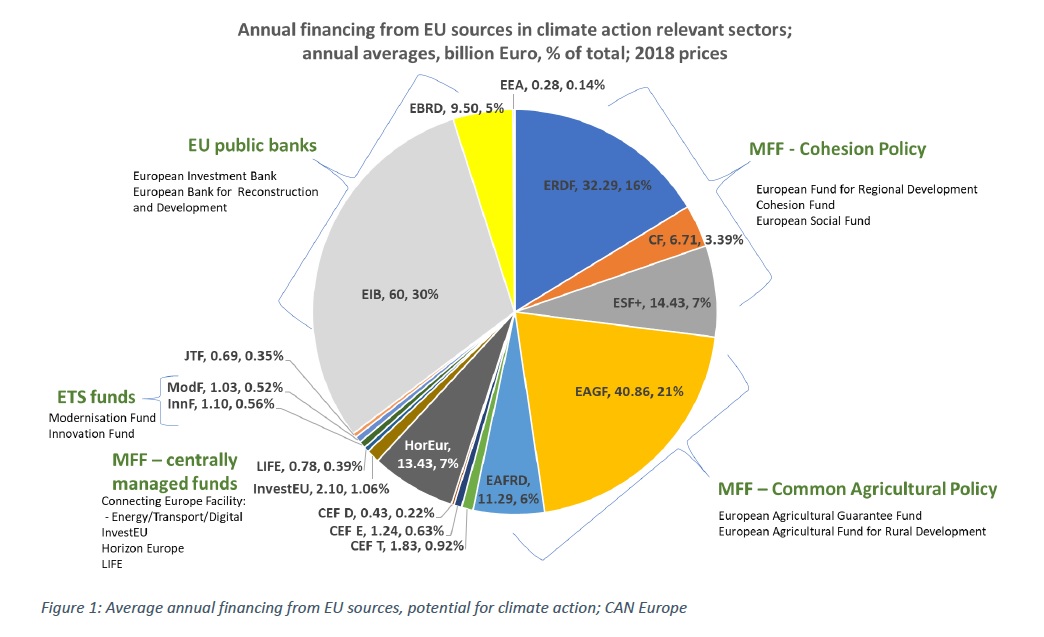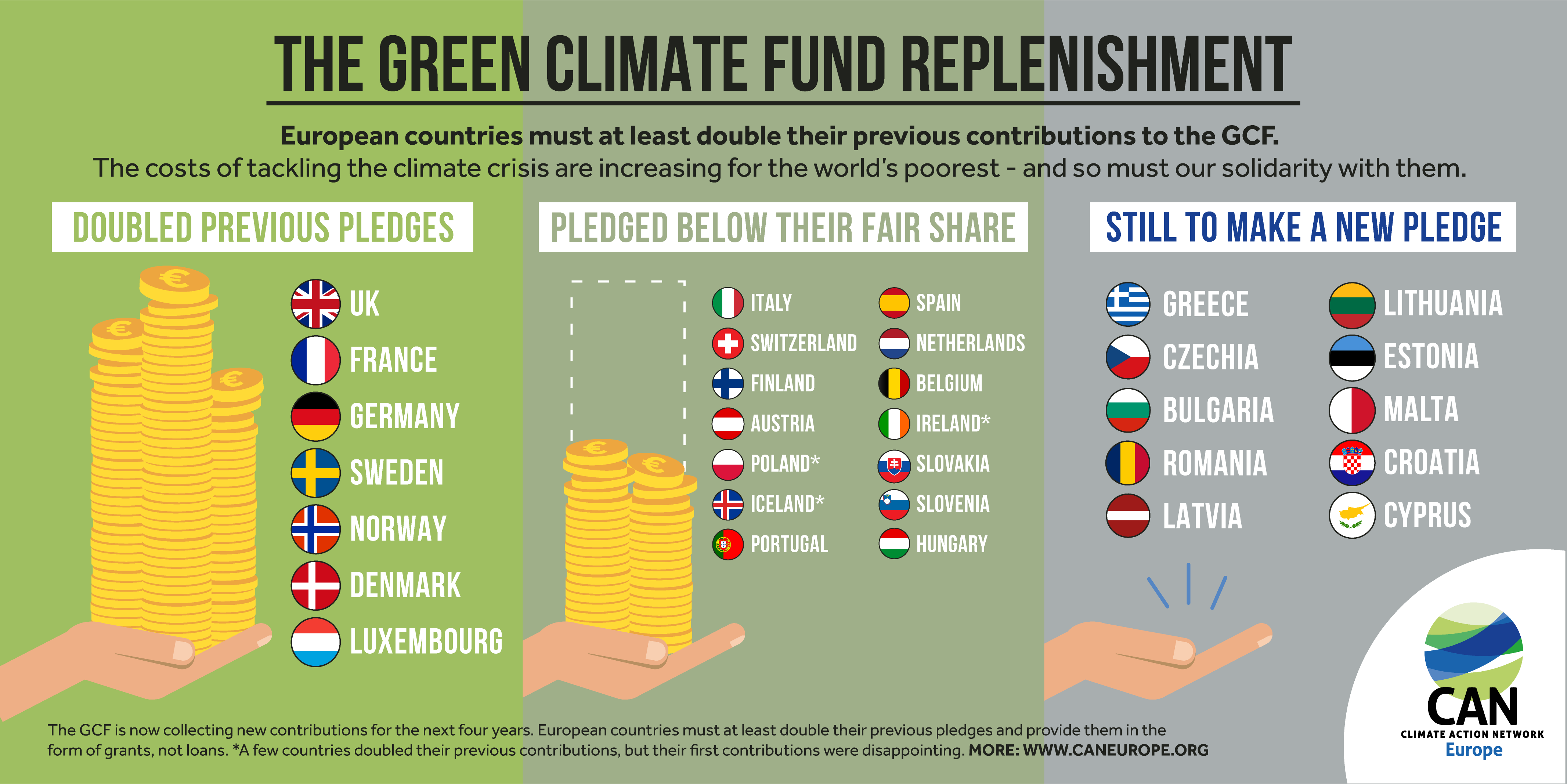Bosnia and Herzegovina and Slovenia win “Fossils of the day” award at COP25 for developing and financing new coal plant in Tuzla
Plans by Bosnia and Herzegovina to push forward with ill-conceived Tuzla 7 coal-fired thermal power plant project received a surprising boost this week with the announcement of financing for the project being made available by banking consortium led by Slovenia’s NLB Bank (1).



